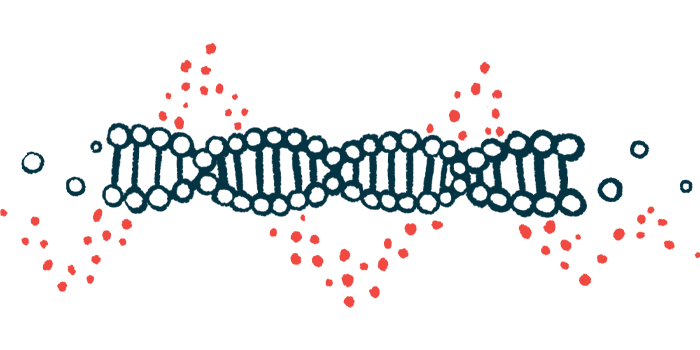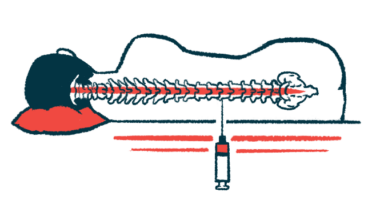AMT-130 is first Huntington’s therapy to receive RMAT status
Treatment designed to suppress normal, mutated huntingtin protein production

The U.S. Food and Drug Administration (FDA) has granted regenerative medicine advanced therapy (RMAT) status to AMT-130, an experimental gene therapy for Huntington’s disease, the first time a Huntington’s treatment candidate has received such a designation.
The RMAT designation is given to therapies that seek to treat, modify, reverse, or cure a serious disorder, and whose early clinical data suggest it may address unmet medical needs for the condition.
“We’re thrilled to receive the first ever RMAT designation for an investigational therapy for Huntington’s disease,” Matt Kapusta, CEO of uniQure, the therapy’s developer, said in a company press release. Kapusta said winning the RMAT designation “is a significant milestone for the program and supports the potential for AMT-130 to address the high unmet medical need of those suffering from this devastating disease.”
The status aims to speed AMT-130’s clinical development and regulatory review process, and offers uniQure more frequent communication with the FDA “to accelerate development, potentially facilitating earlier access for patients with life-threatening medical conditions,” said Walid Abi-Saab, MD, chief medical officer of uniQure.
Huntington’s is caused by mutations in the HTT gene, which provides instructions for making the huntingtin protein. Such mutations lead to an abnormal, mutated protein being produced that forms toxic clumps that contribute to the neurodegeneration that marks the disease.
What is AMT-130?
AMT-130 is a gene therapy designed to suppress the production of both normal and mutated huntingtin by targeting an intermediate molecule derived from the HTT gene that guides protein production. Administered directly into the brain, the therapy uses a modified, harmless virus to deliver a small piece of genetic material called microRNA into nerve cells.
AMT-130 is being tested in adults, ages 25-65, with early-stage Huntington’s in two Phase 1/2 clinical trials. One is in the U.S. (NCT04120493) and the other is in Europe (NCT05243017). The U.S. trial is recruiting at nearly a dozen sites, while the European study is enrolling in Poland and the U.K.
The FDA’s decision to grant RMAT designation to AMT-130 was based on interim data from these studies.
These included biomarker and clinical data indicating AMT-130 reduces levels of mutant huntingtin protein as designed and appears to slow disease progression relative to what’s observed in an external group of untreated early Huntington’s patients participating in the TRACK-HD observational study.
UniQure recently announced plans to meet with the FDA in the coming months to discuss AMT-130’s development path.
“The RMAT designation, which was based on the comparison of the two-year AMT-130 data to a natural history [study], marks a promising start to our FDA interactions,” Abi-Saab said. “I’m incredibly proud of the team at uniQure for this accomplishment and we look forward to presenting updated interim data from our ongoing [Phase 1/2] studies in the middle of the year.”








